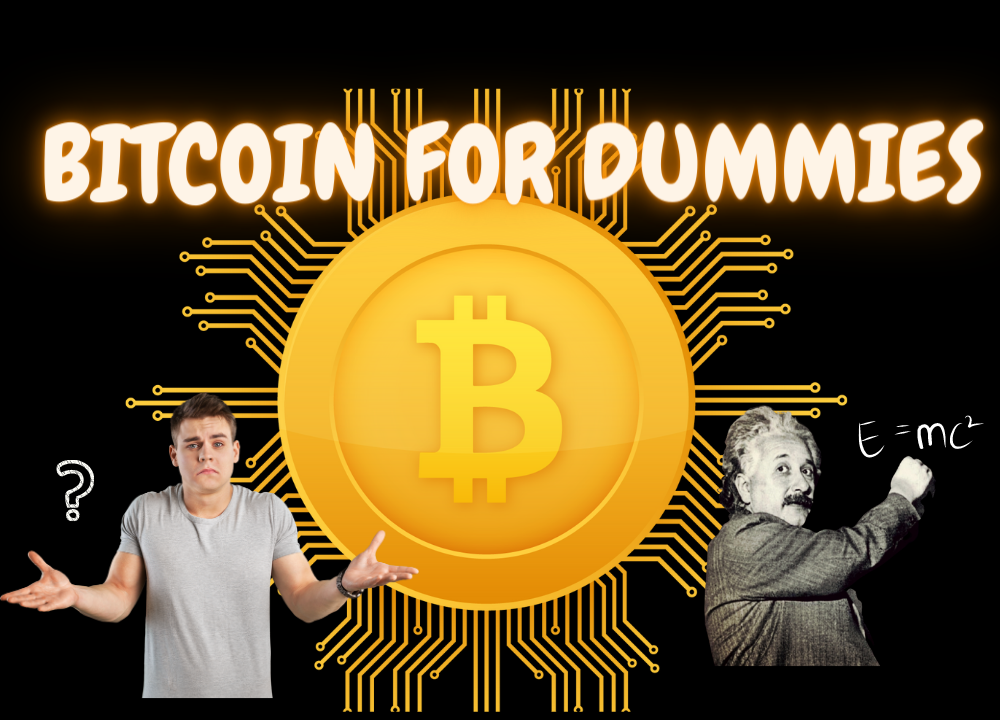Bitcoin is a digital currency gaining widespread attention in recent years. It is a decentralized form of money that enables secure and transparent transactions without the need for intermediaries like banks or governments. But what exactly is Bitcoin, and how does it work? In this article, we will explain the basics of Bitcoin in a way that anyone can understand.
What is Bitcoin?
Bitcoin is a digital currency created and held electronically at its core. It is decentralized, meaning it is not controlled by any single entity, like a government or a bank. Instead, it is maintained and updated by a distributed network of users.
How does it work?
Bitcoin transactions are recorded on a public ledger called the blockchain. The blockchain is a decentralized and transparent ledger that enables secure and immutable transactions. When someone sends Bitcoin to another person, the transaction is verified and added to the blockchain by a network of users called nodes. This creates a permanent record that cannot be altered without changing the entire chain.
To create new Bitcoins, a process called mining is used. Mining involves solving complex mathematical problems to verify transactions and add them to the blockchain. In return for this work, miners are rewarded with new Bitcoins.
Why use Bitcoin?
There are several benefits to using Bitcoin. First, it is decentralized, meaning it is not subject to the control of any central authority. This makes it more secure and transparent than traditional forms of currency. Additionally, Bitcoin transactions are typically faster and cheaper than conventional transactions since they do not require intermediaries like banks.
Conclusion
In summary, Bitcoin is a decentralized digital currency that enables secure and transparent transactions without intermediaries. It is maintained and updated by a distributed network of users. Transactions are recorded on a public ledger called the blockchain. While some risks and challenges are still associated with using Bitcoin, its potential applications are vast. They could transform the way we think about currency and financial transactions.
- Fausto M. Fernandez


